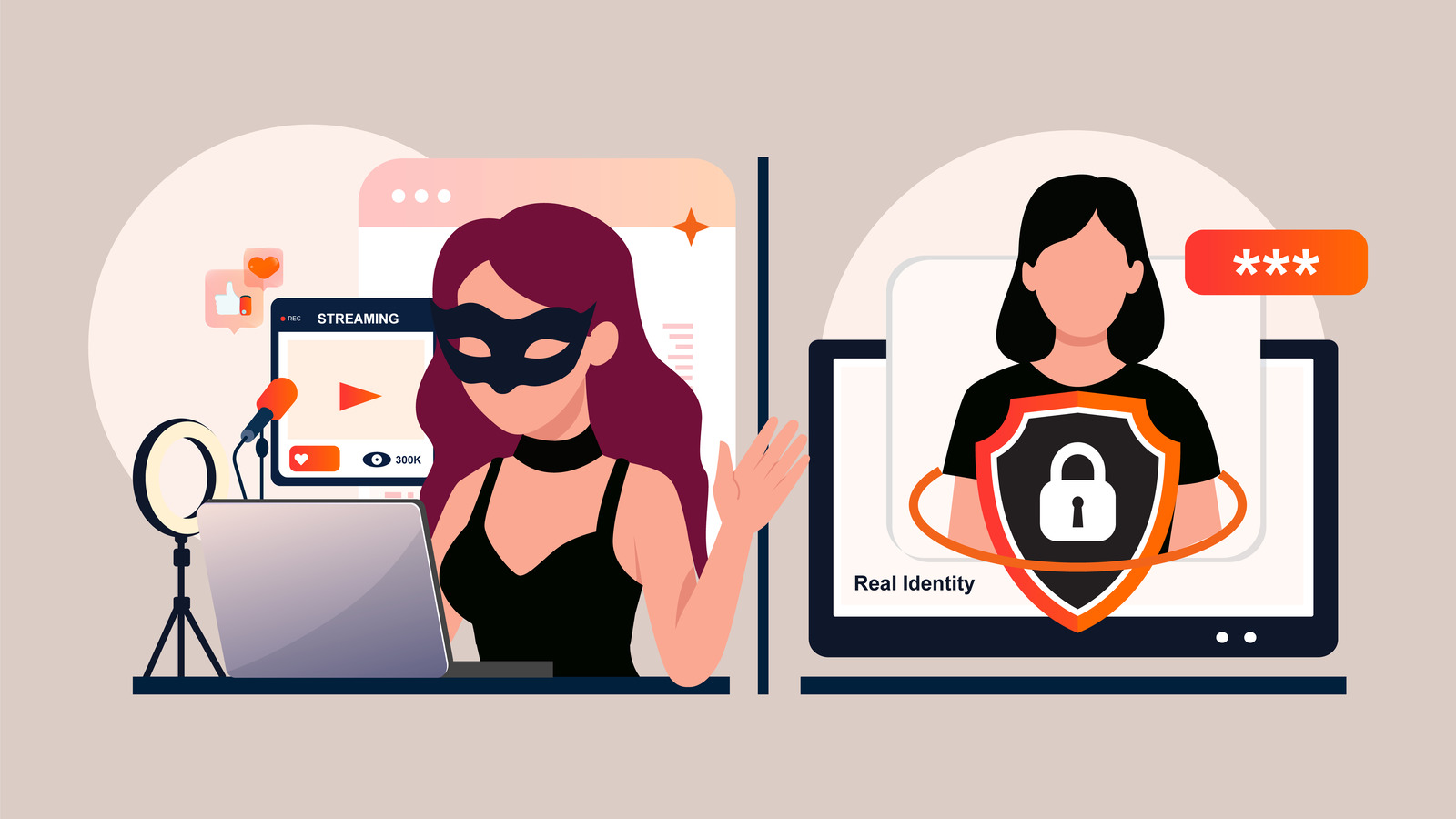How to Keep Your Real Identity Safe While Growing Online
Protecting your real identity as a content creator means keeping your personal info, accounts, and habits separate from your online persona. Use a unique stage name, separate email, VPN, and strong passwords. Strip metadata from images, avoid sharing location clues, and set boundaries with fans. Stay cautious when linking platforms and never reveal private details. Your privacy is part of your brand’s security.

Growing an online presence is exciting. You are attracting fans, building a brand, and maybe even turning content creation into a full-time career. But with that growth comes risk - especially when it comes to your privacy.
Many adult content creators want to keep their real name, location, and personal life completely separate from their online persona. That’s not just smart. It’s necessary. Once your information leaks, it can be hard to take back. So the key is to set up strong privacy boundaries from the beginning and stick to them.
Here is how to grow safely, promote yourself, and protect your real identity all at once.
1. Create a Separate Persona for Everything
Start by building a dedicated identity that is completely unrelated to your real-life name or details. That means a new name, a new email, and usernames that do not resemble any of your personal accounts.
Your online persona should have:
- A unique stage name
- A separate email address
- Social media accounts that do not follow your personal friends or family
- Payment platforms (like PayPal or crypto wallets) that are not connected to your legal name
Keep your real identity and creator identity as far apart as possible. Never reuse usernames or email addresses you use in your private life.
2. Use a VPN and Private Browsing Tools
When you are promoting or logging into platforms, your IP address reveals your general location. Over time, this can be used to narrow down where you live. Using a VPN masks your IP and adds a layer of protection.
Other tips include:
- Use private browsing or incognito mode
- Clear cookies regularly
- Do not log into your creator accounts on public or shared devices
For extra caution, avoid using your phone number for any creator accounts. Use virtual numbers or burner options if a number is required.
3. Be Careful With Photos and Metadata
Even if you never show your face, images can still leak information. Metadata from photos can include time stamps, location data, and device details.
Before uploading any photos or videos:
- Strip metadata from the files (many apps do this automatically when saving for web)
- Avoid taking photos near windows or mirrors that might reveal background clues
- Use generic backgrounds or overlays to hide your surroundings
Also avoid mentioning landmarks, local events, or anything that could hint at your location during a stream or in captions.
4. Set Boundaries for DMs and Fan Conversations
Some fans get overly familiar. They may ask where you are from, what your real name is, or try to push personal questions. You do not owe anyone that information.
Set clear boundaries from the start:
- Politely ignore or redirect personal questions
- Never reveal your real first name or city
- If someone keeps pushing, block them without hesitation
You can still be warm and engaging without sharing private details. It is your room. You set the rules.
5. Use Caution When Linking Platforms
Many creators promote across several sites: Chaturbate, OnlyFans, Twitter, and maybe even Reddit. But linking them the wrong way can expose too much.
Here’s how to stay safe:
- Use a link aggregator page that does not show your email
- Avoid using real names on platforms with different privacy settings
- Do not link to any accounts you use for personal browsing or non-creator content
Even when promoting yourself heavily, you can keep your real-world identity private by managing how and where links point.
6. Secure Your Accounts With Strong Passwords
Account hacks are more common than people think. And once someone gets into your email or social media, they may be able to access DMs, payment data, or even private content.
Best practices:
- Use long, unique passwords for every platform
- Enable two-factor authentication where possible
- Avoid password reuse
- Never share login credentials, even with friends or collaborators
Keeping your accounts secure is one of the best ways to protect your identity and content at the same time.
Your Privacy Is Worth Protecting
You do not have to give up safety to grow your brand. The most successful creators know how to balance being open with their audience while staying fully protected behind the scenes.
Set boundaries. Keep accounts separate. Use smart tools. And most importantly, do not share anything you would not want tied to your real identity later.
Your peace of mind is just as important as your content. Treat your privacy like part of your business, because it is.